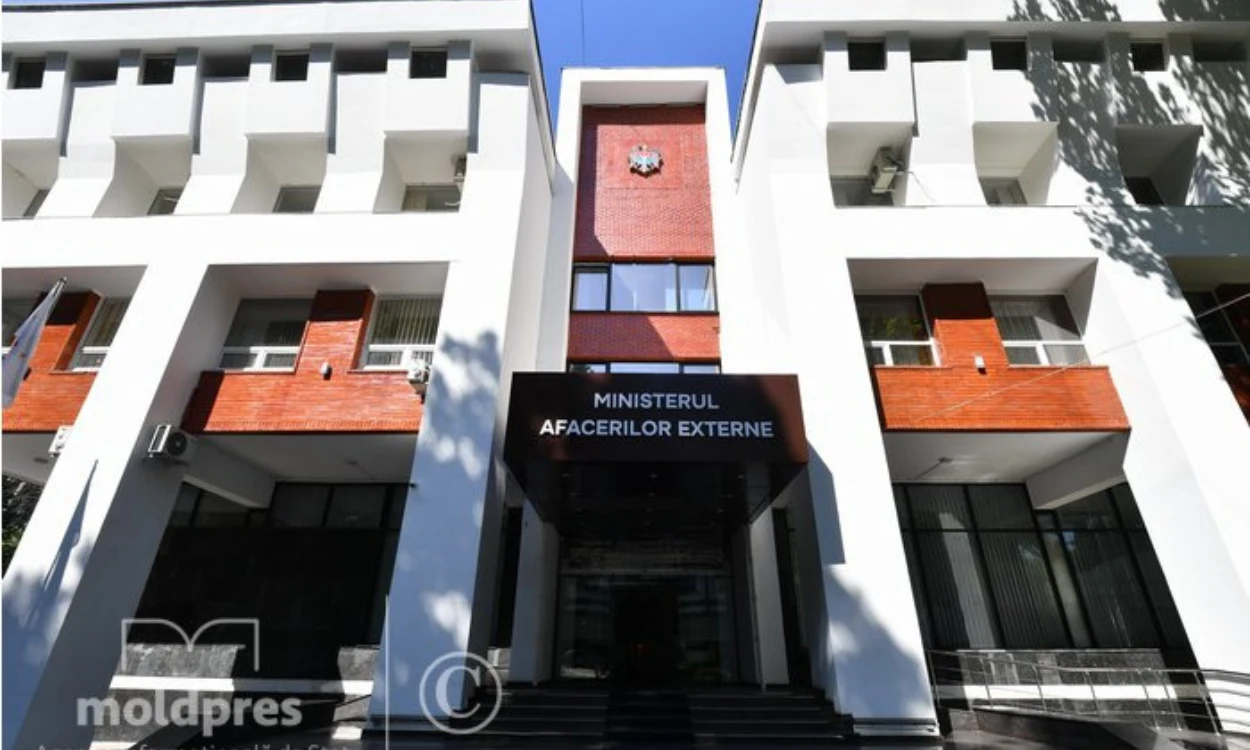The Biden administration’s decision to relax its stance towards marijuana has been lauded by advocates for addressing what they say is an uneven drug enforcement policy that has fuelled mass incarceration and disproportionately affected certain communities. However, this commendation appears contradictory, as it fails to recognise the potential adverse effects such a move could have on socio-economically deprived and disadvantaged communities already afflicted by the drug scourge.
Empirical evidence from countries that have adopted harm reduction approaches, such as Portugal, the Netherlands, Switzerland, Canada, and Australia, reveals mixed outcomes.
For instance, the Netherlands, known for its regulated sale of cannabis through so-called “coffeeshops”, continues to face issues of drug tourism and associated social ills where children as young as 14 years old are recruited as “cocaine collectors”. In January 2024, the Mayor of Amsterdam warned in an opinion piece published in the Guardian that the Netherlands risks becoming a “narco-state”.
In Sweden, the number of fatal shootings has more than doubled since 2013, reaching 391 in 2022, primarily due to gang-related drug and arms conflicts. A lawyer representing teenage shooting victims told the BBC in December that “children are using their own bags not to carry books, but to carry the drug markets of Sweden on their shoulders.
Similarly, Canada and Australia, despite their comprehensive harm reduction strategies, persistently encounter drug-related crime and health issues. In 2023, British Columbia decriminalised drugs to reduce overdose rates, but only to see it surge by 5 per cent, the BBC reported. BC authorities are now considering re-criminalising the use of hard drugs in public places.
Closer to home, Thailand is planning to relist cannabis as a narcotic, just two years after it became the first in Southeast Asia to decriminalise its recreational use.
These cases illustrate the complexities and potential negative consequences of relaxed drug policies, particularly for vulnerable populations.
It is precisely for this reason that Singapore maintains its unwavering commitment to shield vulnerable communities from the devastating effects of drug abuse and prevent the intergenerational cycle of crime, arrest, incarceration, and re-incarceration.
Singapore’s approach, guided by science and sensible considerations, prioritises harm prevention over harm reduction and serves as a robust framework for tackling this pervasive issue.
Tan Chong Huat is Chairman of National Council Against Drug Abuse (NCADA) and Associate Professor Narayanan Ganapathy is an NCADA member.





















Discussion about this post